Building Resilience, Together
National Stress Awareness Day - 5th November 2025
Pressure is part of being human. It’s not something we can - or even should - eliminate entirely. A certain level of pressure keeps us alert, focused, and motivated. Pressure helps us perform, learn, and grow. But when that pressure becomes relentless or exceeds our capacity to cope, it tips into stress - and that’s when it starts to harm rather than help.
National Stress Awareness Day offers a timely pause. A chance to check in with ourselves and each other. To notice where healthy pressure has crossed the line into harmful stress, and to remind ourselves that resilience doesn’t mean pushing through - it means learning how to bend without breaking.
How we respond to stress is not just personal responsibility - it’s a shared one. Workplaces, teams, and leaders all have a role to play in shaping environments that foster psychological safety, balance, and support. That’s why our work at Oasis Human Relations focuses on developing whole-person and whole-system approaches - supporting individuals, teams, and organisations to build the skills, structures, and cultures that help people thrive, even under pressure.
How we respond to stress is not just personal responsibility - it’s a shared one. Workplaces, teams, and leaders all have a role to play in shaping environments that foster psychological safety, balance, and support. That’s why our work at Oasis Human Relations focuses on developing whole-person and whole-system approaches - supporting individuals, teams, and organisations to build the skills, structures, and cultures that help people thrive, even under pressure.
Rethinking Resilience
Resilience is often framed as a solely individual trait - something you either have or don’t. But in truth, resilience is much more relational. It increases in the presence of trust, connection, and meaningful dialogue. It’s sustained when people feel seen, valued, and supported.
Our RAW hub (Resilience, Adaptability and Wellbeing) is passionate about helping organisations recognise that some pressure is productive—it stretches capacity and encourages innovation - but too much, for too long, without adequate recovery or support, leads to stress, burnout, and disengagement.
From Awareness to Action
So how can we move from awareness to meaningful action this Stress Awareness Day? Here are three starting points:
Pause and notice – Take a moment to check in with yourself. How is stress showing up in your body, your thoughts, or your relationships? Awareness is the first step toward change.
Open the conversation – Encourage open, stigma-free discussions about stress and wellbeing at work. Psychological safety grows when people can speak honestly about how they’re really doing.
Build shared support structures – Resilience doesn’t live in isolation. Create rhythms, relationships, and resources in your workplace that support people to rest, recover, and reconnect.
A Collective Commitment
At Oasis, we’ve spent decades helping people and organisations cultivate the human skills needed for uncertain times - compassion, curiosity, adaptability, and courage. These are the very qualities that help us respond well to pressure and prevent it from becoming stress.
National Stress Awareness Day is more than a reminder to slow down; it’s an invitation to pay attention - to notice how we’re really doing, to reconnect with others, and to create cultures where wellbeing is woven into everyday life, not just reserved for moments of crisis.
Pressure will always be part of life, but when we build resilience together, through trust, reflection, and honest dialogue, pressure becomes something we can learn from rather than be overwhelmed by - and that goes a long way to stressing less…
If this Stress Awareness Day has sparked reflection in your workplace, our RAW (Resilience, Adaptability and Wellbeing) hub offers practical ways to turn awareness into lasting change - from workshops and coaching to organisation-wide wellbeing strategies. Learn more about our approach


